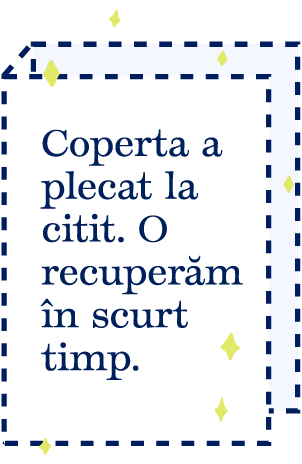A curatorial approach towards deliberative cultures of assembly and a realistic scenario of decentralized power and decision-making. Miessen's ongoing research trajectory Cultures of Assembly was initially kicked off during a Harvard Graduate School of Design fellowship together with Joseph Grima, in which the two architects investigated the socio-political dimension of (urban) spatial design by looking at the Kuwaiti cultural and social landscape with a specific interest in the politico-spatial local phenomenon of a distributed urban form of para-institutional assembly known as Diwaniyah. Diwaniyah can be understood and interpreted in multiple ways. Beyond a techno-futuristic idea of progress, it presents a showcase of an alternative that attempts to imagine a model of a (more) solidaric city. On the scale of a city, and in fact small country, it interrogates how we--as a society--can learn and produce other formats to talk to each other, working towards realistic scenarios of decentralised power and decision-making structures and spatial justice. The book asks: how can spaces--both physical and virtually--be envisaged to create publics? How can we, today, offer and propose methods as to how to engage physical social interactions, publics, and civic life from the point of view of individual participation through novel and critical formats of collective discursive spaces? How is collectivity and society being generated spatially and in terms of critical policy? How do we "practice" society as a bodily, physical form, and how does this practice contribute to spatial justice? What kind of spaces can exacerbate these practices? What kind of spatial design--in terms of reflecting Mouffian agonistic realities--can we imagine as platforms for change? How can we, as architects, designers, and spatial practitioners devise methods and tools that make sure that formal and informal processes of politics, institution building, and societal becoming do not lose out on the physical, spatial, and bodily dimension? Central to this project is the reflecting on and rendering of the underlying driving forces of informal institution building at the interface of deliberative (urban) spatial politics--in a general political climate of Fisherian capitalist realism in conjunction with the social-ecological transition while, arguably, facing a crisis of imagination. This project articulates the curatorial potential for urban policy making, mediating between the city, state politic











